
The progress of the Black Queens could be set a decade back if indeed Swiss coach Nora Hauptle leaves and takes up the Copper Queens job in Zambia.
The UEFA Pro License coach was a breath of fresh air for Ghana’s unappealing senior women’s national team. Hauptle gave an identity to the Black Queens.
Nora helped turn the Queens into a product investors would put a fortune in. Her first job in Ghana was as a technical advisor, complementing the work of Ben Fokuo ahead of the U-20 Costa Rica Women’s World Cup. Although the team failed to progress out of the group stage, it was surprising when she was later appointed head coach of the Black Queens.
Before her appointment, Mercy Tagoe had been axed from the role after failing to qualify the team for the 2022 Africa Cup of Nations, which in turn meant the Black Queens missed out on the 2023 Women’s World Cup. The team was plagued by instability, player revolts, and managerial crises, with no light in sight. Change was inevitable.
Nora’s appointment signaled a fresh start. She was tasked with building a competitive team through a series of preparatory games. Her first major initiative was “Mission Volta.” In her introductory interview with the GFA media team, she outlined her goals:
“We are well aware of that and so we created the new mission called ‘Volta.’ Volta is a big river in Ghana, and it is a Portuguese word that means ‘turn.’ So now with my appointment, we want to make the turn towards success again. Of course, it is not just happening. We need high commitment from the President, all the leaders, the Technical Director, and the Ghana FA, hoping they will support us and provide all the necessary investments so we can fulfill this.”
Nora’s first four games were against Benin, Senegal, and Guinea. The team won all four matches, scoring 10 goals without conceding. Hauptle gave the team a clear identity, and players exhibited confidence on the field. They even articulated their roles and tactical understanding in media interviews. The team was a delight to watch.
Over 11 matches, the team recorded 10 wins and one loss against Zambia. They scored 34 goals and conceded only two. Despite narrowly missing out on a ticket to the Olympics, the team’s progress was evident. Stability had returned to the Black Queens, who were once again an attractive proposition to fans and investors. At one point, there was even a public call for Hauptle to take over the Black Stars’ coaching job.
The upward trajectory of the Black Queens made it easier for the authorities to support them. However, as history has shown, Ghanaian female players often face systemic neglect. Before the final round of Olympic qualifiers, the Queens staged a protest demanding unpaid allowances from previous matches. For the first time, no player was victimized, and Hauptle stood firmly behind her team. The Ministry eventually paid the arrears, but the protest marked the beginning of deeper issues.

While South Africa, Nigeria, and Morocco remained active during international breaks in 2024, playing 15, 12, and 10 matches respectively, the Black Queens played only three, including two Olympic qualifiers against Zambia and a friendly against Japan. Budgetary issues exacerbated the situation.
The technical team had arranged friendlies against Senegal and Tunisia, but the $40,000 budget was not approved. Authorities reportedly focused on the Black Stars’ failure to qualify for the AFCON, sidelining the Queens’ needs. Hauptle expressed her frustration on LinkedIn, writing:
“I believe that success is built over continuous development steps of the performance. Providing as [a] national team for our players as many high-performance game exposures as possible is key. Through these game experiences, we can work, learn, and grow as individuals and as a team. The difference in the number of games played in 2024 is huge between the participating teams of the WAFCON.”
Hauptle’s contract expires this month, and renewal negotiations have been ongoing for months. Reports suggest she has rejected the FA’s new offer. During the Olympic qualifiers, she sought a loan to Zambia, but the request was denied.
If Hauptle leaves, it will be a monumental challenge to sustain the progress she initiated. While she is not irreplaceable, women’s football is no longer a space for volunteerism. Any successor will require significant investment to maintain the team’s momentum. If the authorities are unwilling to invest in an experienced coach, it is unlikely they will negotiate in good faith with a new one.
Ultimately, it must not come to pass that decisions by those in power cause Ghanaian female footballers, who have worked tirelessly, to miss out on a competitive opportunity at Morocco 2025.
The post Black Queens face uncertain future as Nora Hauptle considers Zambia switch first appeared on 3News.
Read Full Story

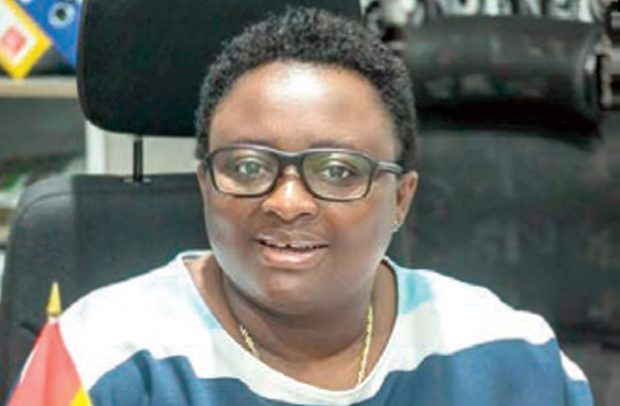


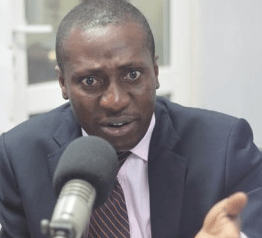
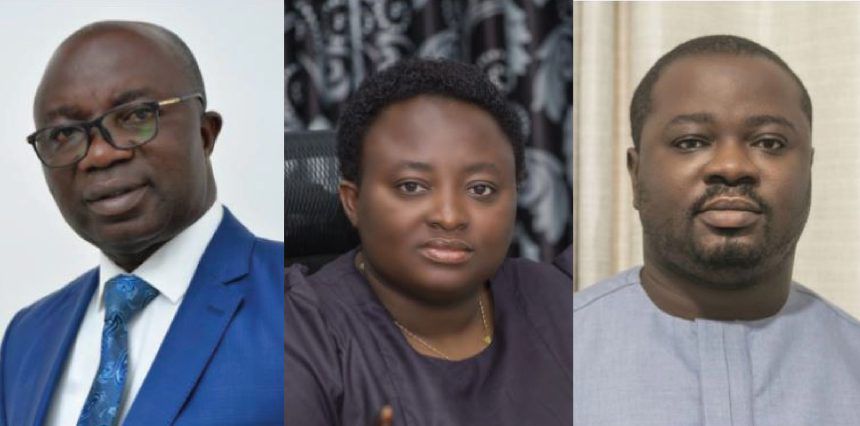
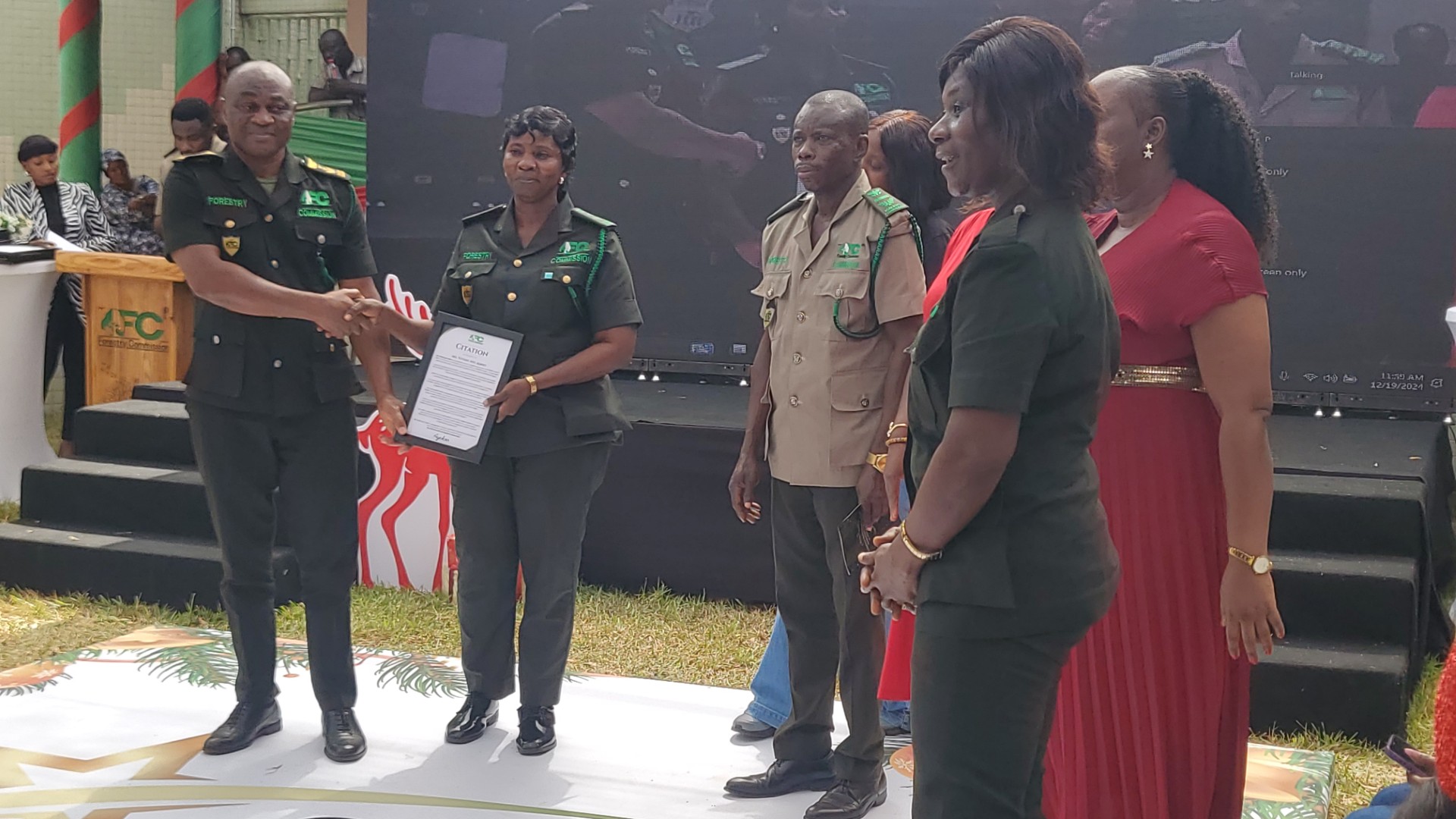
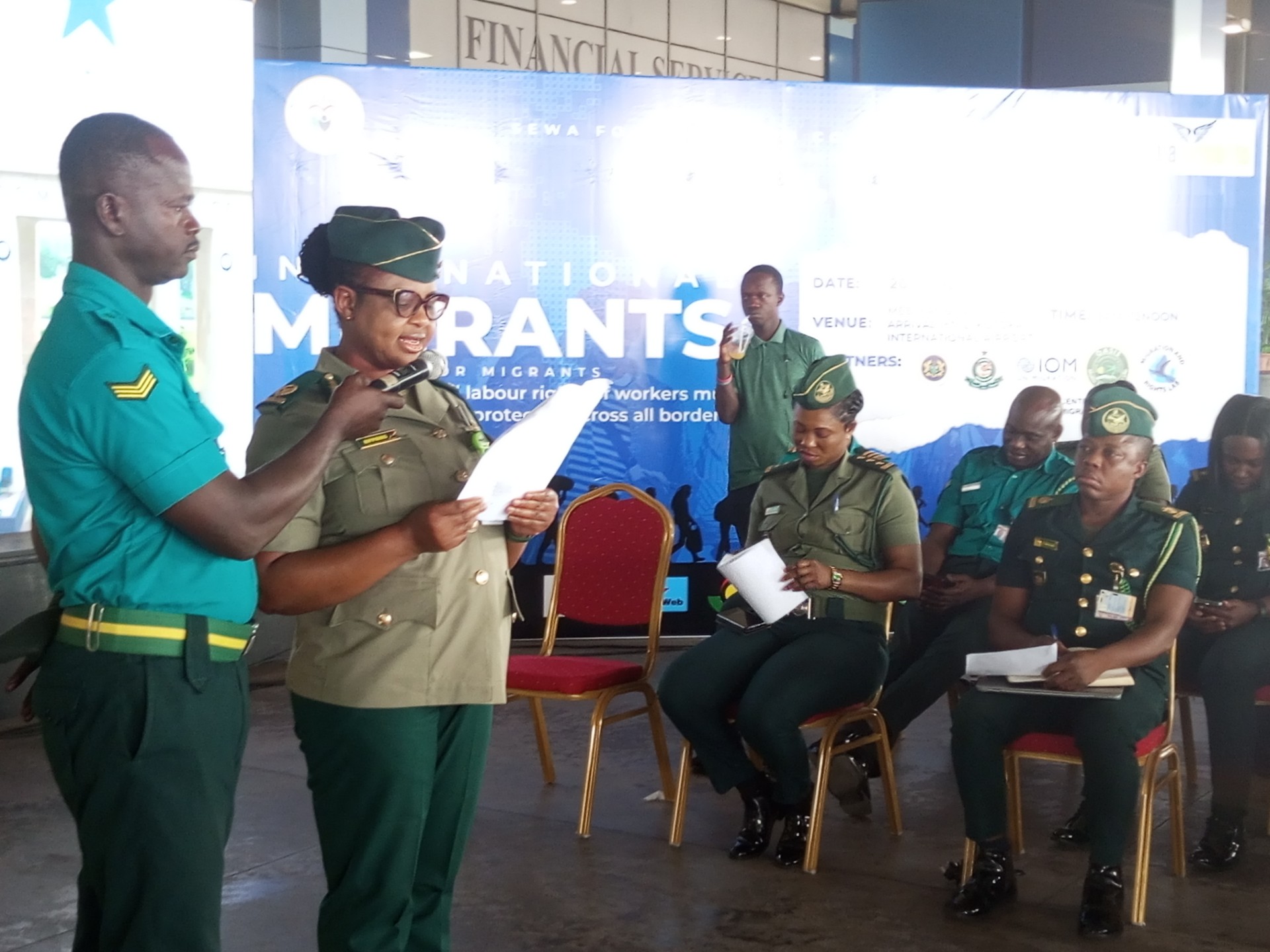


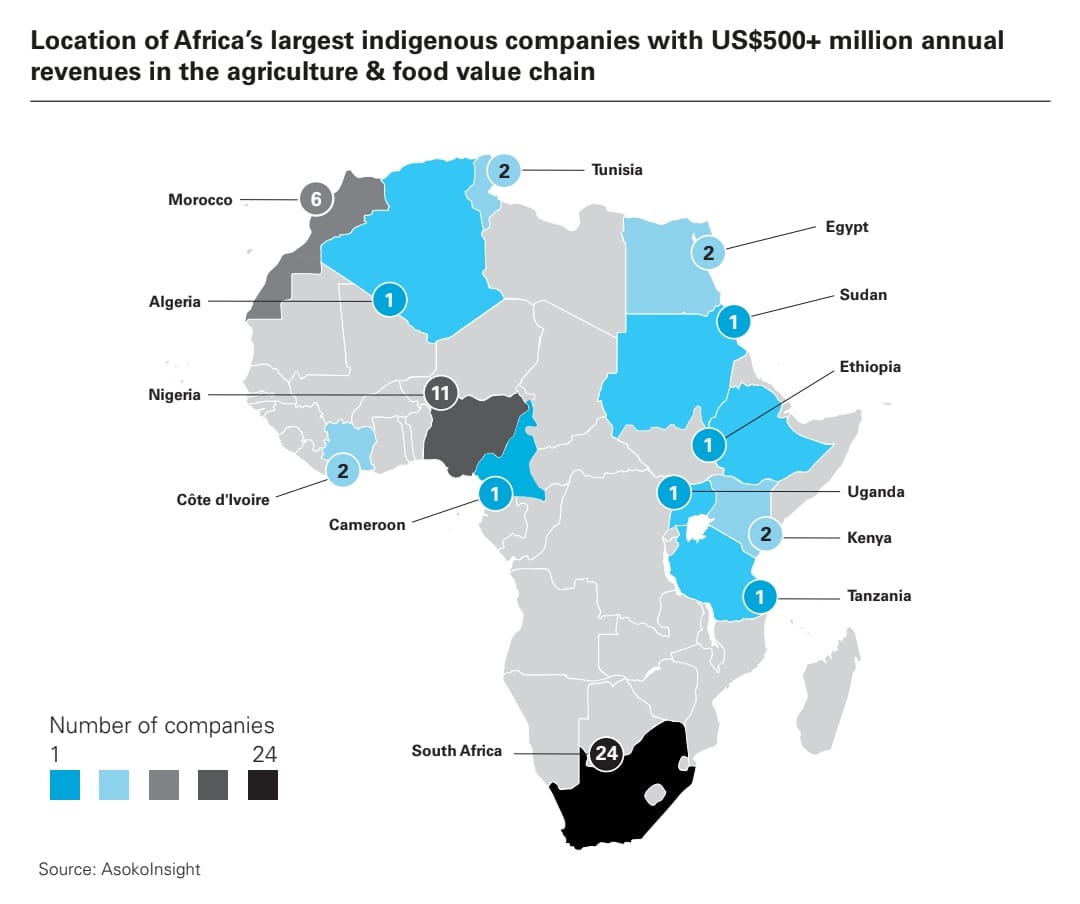
Facebook
Twitter
Pinterest
Instagram
Google+
YouTube
LinkedIn
RSS